The Wacky Races cartoon of the late 1960s featured some thrilling competition, with the likes of the Mean Machine piloted by Dick Dastardly and Muttley pitting itself against the mighty Turbo Terrific driven by Peter Perfect.
Endlessly fun and ultimately harmless, it was an enticing if unrealistic first taste of motorsport for budding petrolheads. But does any real-world equivalent even come close for whimsical thrills?
Welcome to the beguiling world of classic trials, the off-road competition where anything goes… apart from four-wheel drive. That would be much too easy.
Conceived in the early 20th century, and having grown in popularity during the 1920s and 1930s, classic trials are effectively off-road hillclimb events that have remained unchanged since their inception.
Around 20-25 trials happen in the UK each year, organised by several different motor clubs that are part of the Association of Classic Trials Clubs (ACTC). ‘Classic’ refers to the length of the event itself rather than the age of the vehicles involved: it is not just about reaching the top of every climb, because competitors must finish the entire event to be included in the final results – so it’s also a bit like an endurance race, only with more bouncing.
Participants tackle around 12 to 16 hills and use public roads to get between stages. The aim is simple: to score the fewest number of points on an event by reaching the top of every hill.
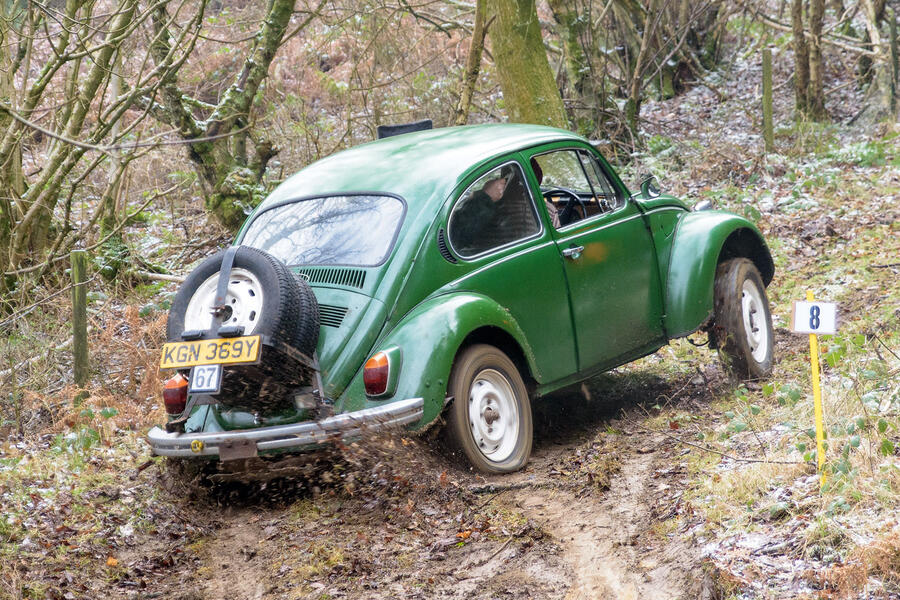
Points are recorded using marker boards that run parallel to each hill – or ‘observed’ sections as they are known in the trials world – running from ‘12’ at the start line to ‘1’ at the finish.
The 11-class system means that many and varied cars can compete, from the Peugeot 205 to Volkswagen Beetle, the Reliant Scimitar to the Mazda MX-5, and although many of the cars in the lower classes are competitive, ‘class 8’ racers are often the ones to beat. Here, you’ll find bespoke, hand-built machines as well as Volkswagen beach buggies and limited-run production cars such as the scarily named Troll T6.

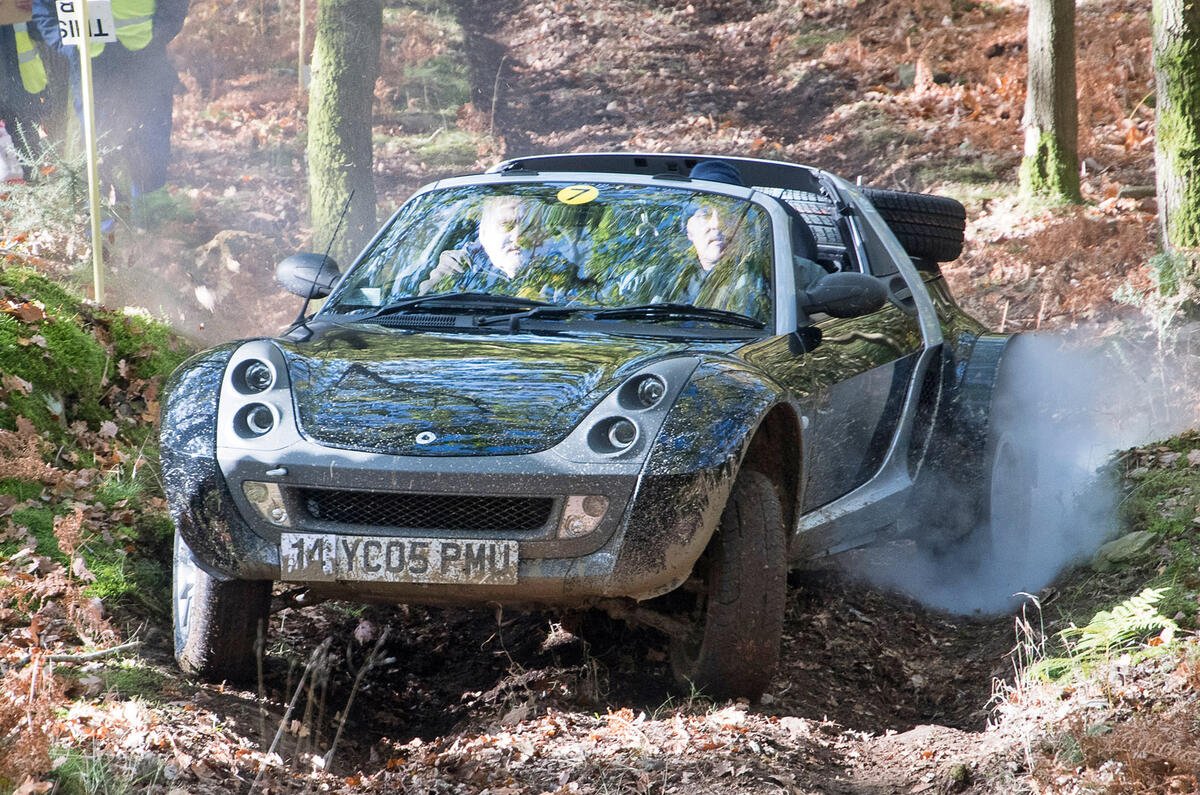

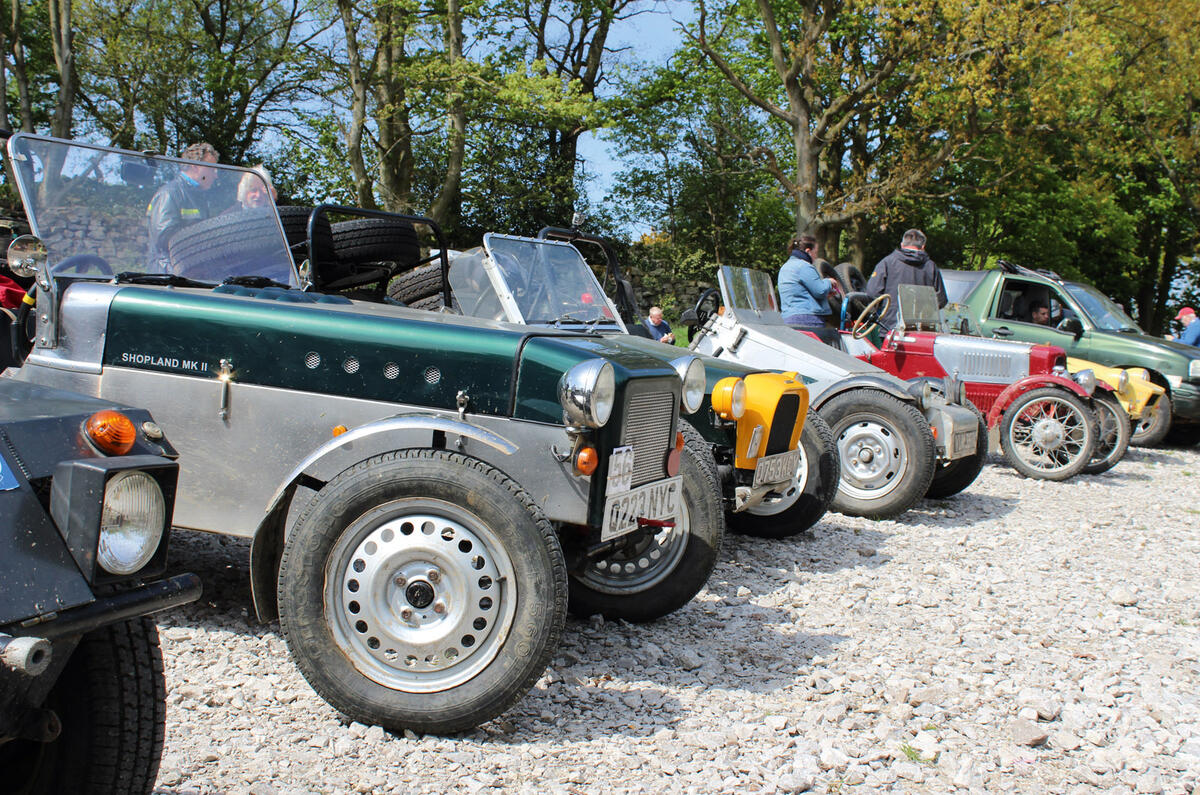
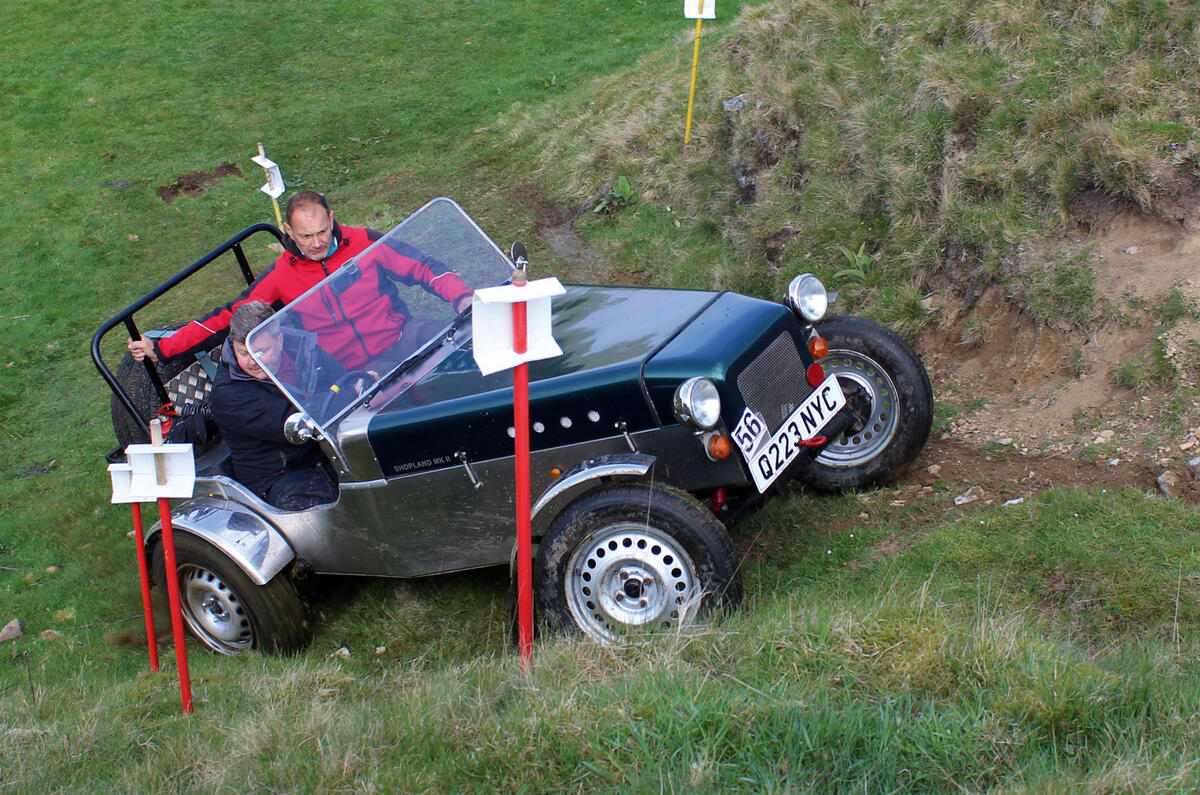
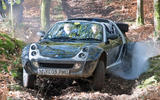




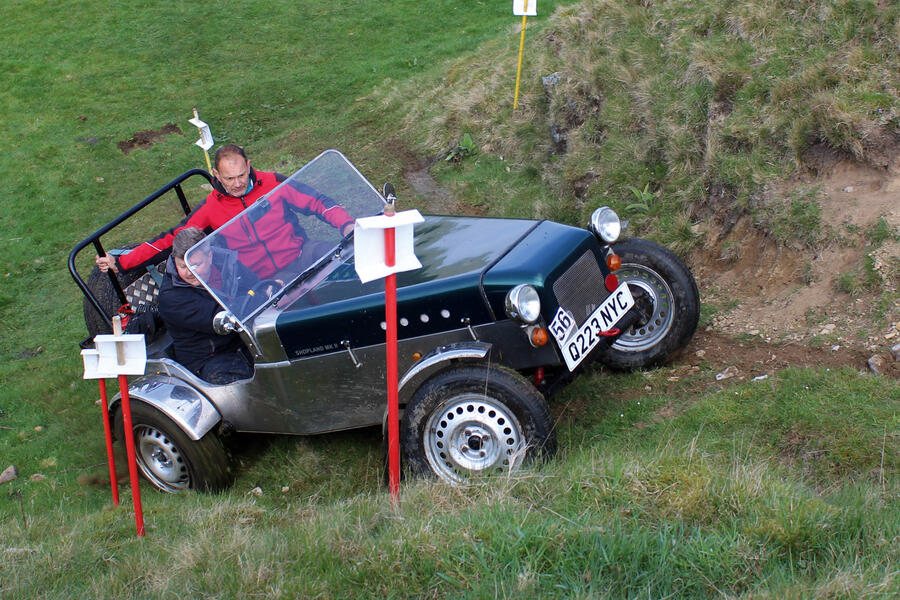
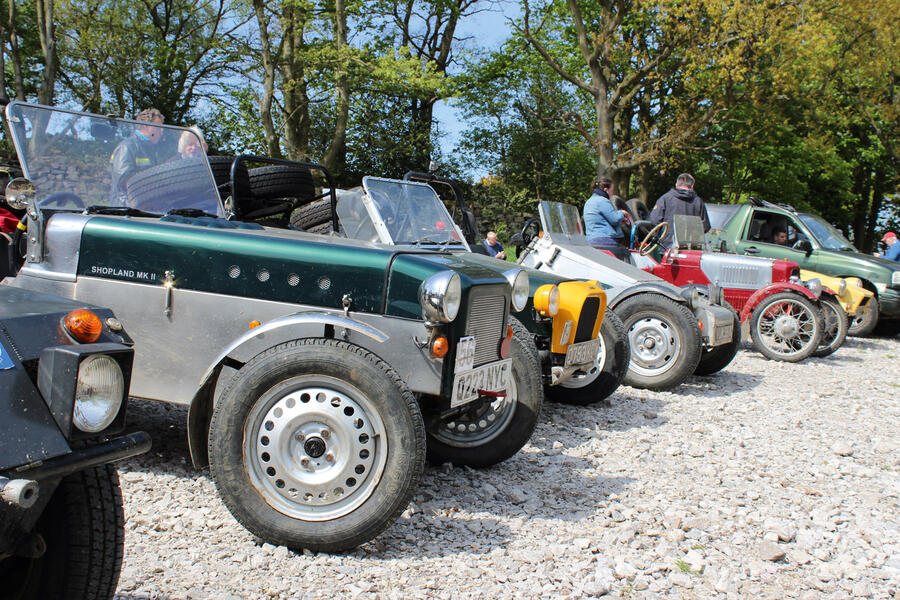



Join the debate
Add your comment
Agree with Sam - these trials are great fun - sense of humour helps! For example a custom class for Suzuki X90s! A converted high powered Reliant 3 wheeler! A Skoda Rapid (old RWD version) with a V8! And plenty of everyday cars...